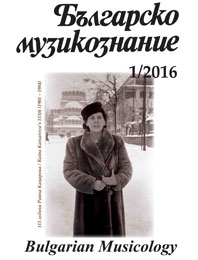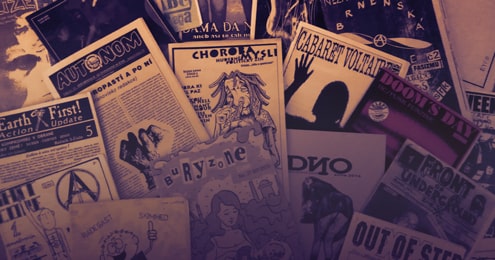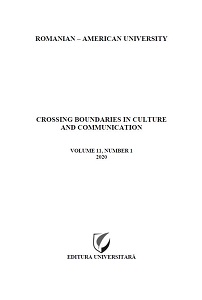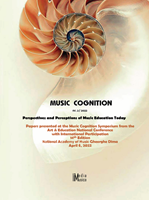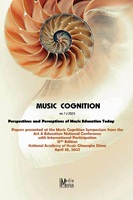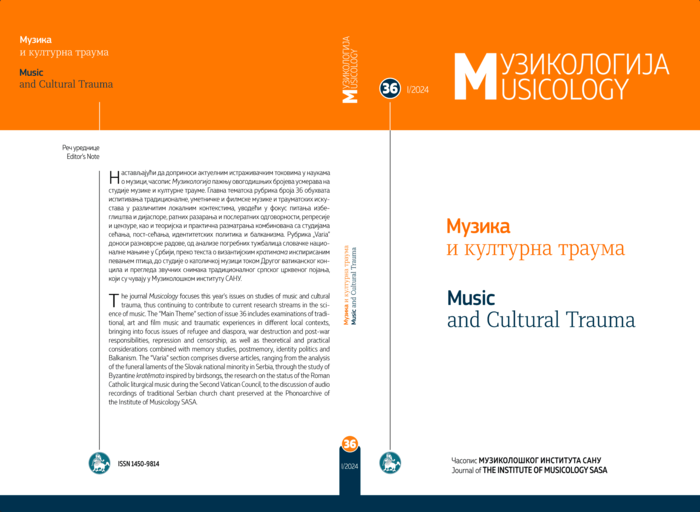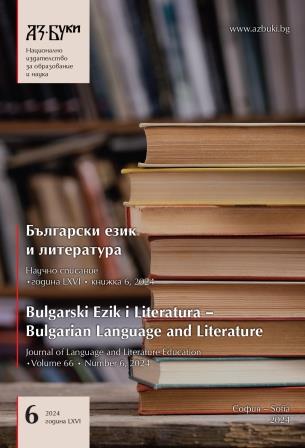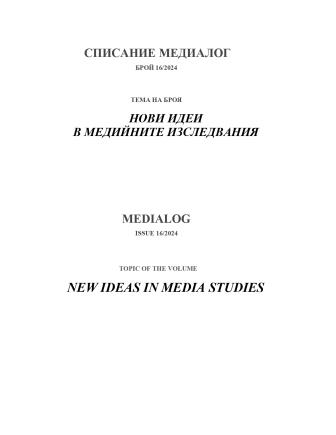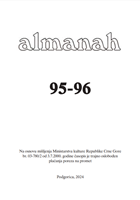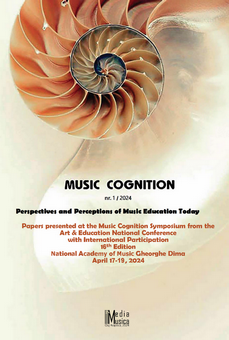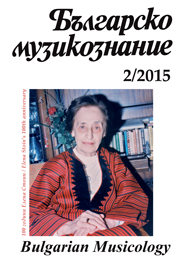
Музикалнодиалектни особености на фолклорния вокален стил и маниер на изпълнение
Working out the specifics of the vocal styles and manners of performance in the different folk music districts in Bulgaria is prompted by an actual necessity, proved on the one hand by the decreasing number of the existing traditional folk practices and the limited contact of young people with these practices and on the other, by the revived interest in mastering such practices (mostly vocal and dance). The manner of performance is an established empirical practice, honed in the tradition of the past as a ‘model to follow’ and mastered intuitively. Now, however, it could be described, shown and taught. It is necessary to present in detail its specific aspects in each larger or smaller territories of the established folk music districts in Bulgaria so that to make its knowledge and mastering easier. The article deals with the folk musical dialects in Bulgaria presented in two major parts following the introduced by Elena Stoin territorial classification: eastern and western. The twelve folk musical dialects or regions are described in terms forming two groups of elements: vocal elements (speech reflex, speech specifics, sound qualities, sound generation, resonance, onset of sound, performative practice, vocal range); elements of the music language (voice-leading – strokes, ambit of the songs, ornamentation). The specifics of the vocal style and manner of performance are accentuated. On the basis of the outlined specifics of the traditional vocal practice in the folk music districts, generalizations are made, true to one degree or another of the national, territorial and regional music language.
More...
